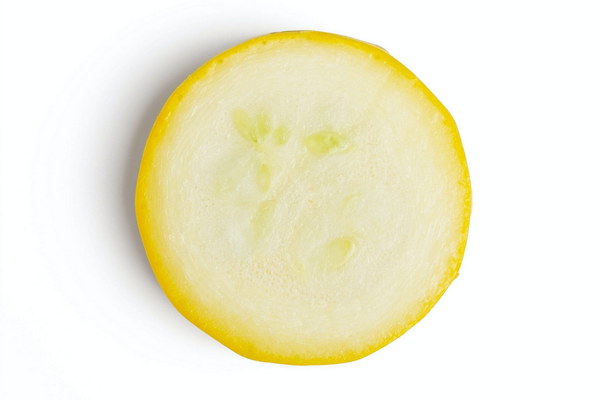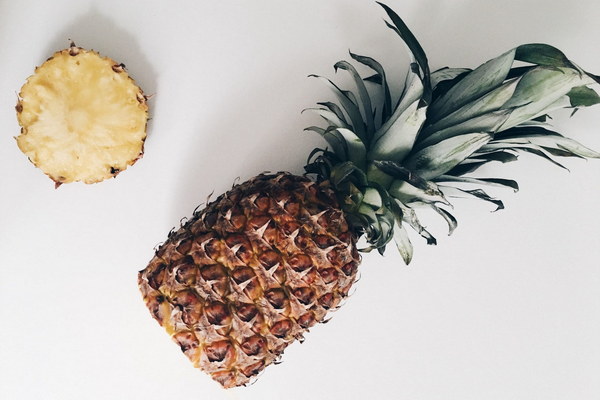Does a Crocodile Hold the Secret to Anti-Aging
In the vast expanse of the animal kingdom, few creatures have garnered as much attention as the crocodile. Known for their longevity, these ancient reptiles have sparked curiosity and speculation about the secrets to their remarkable lifespan. One of the most intriguing questions that often arise is whether crocodiles possess any anti-aging properties. Let's delve into the scientific evidence and explore the possibility of crocodiles being a potential source of anti-aging remedies.
Crocodiles have a reputation for living long lives, with some individuals reaching the age of 100 years or more. This longevity has piqued the interest of scientists and researchers, who have sought to uncover the reasons behind their exceptional lifespan. While the exact cause of their longevity remains unclear, several factors have been identified, some of which may contribute to their potential anti-aging properties.
Firstly, crocodiles have a slower metabolic rate compared to other animals. This slower pace allows them to conserve energy and reduce the wear and tear on their bodies, which may contribute to their extended lifespan. The slower metabolism also means that the aging process in crocodiles occurs at a much slower rate than in humans. This slower aging process suggests that crocodiles may possess certain anti-aging properties that could be beneficial to humans.
Another factor that may contribute to the crocodile's anti-aging potential is their unique cellular repair mechanism. Studies have shown that crocodile skin contains a high concentration of antioxidants, which help protect cells from oxidative damage caused by free radicals. This antioxidant-rich skin has sparked interest in the possibility of extracting these beneficial compounds for use in anti-aging products.
Furthermore, crocodiles have a remarkable ability to regenerate damaged tissues. When a crocodile's skin is injured, it can regenerate and heal itself, often leaving no scar. This regenerative capacity is thought to be due to the presence of specialized cells called stem cells, which can differentiate into various types of cells. Research on crocodile stem cells may provide valuable insights into the potential for human tissue regeneration and anti-aging treatments.

While these factors suggest that crocodiles may indeed possess anti-aging properties, it is important to note that more research is needed to fully understand the mechanisms behind their longevity. Additionally, the ethical implications of using crocodiles as a source of anti-aging remedies must be carefully considered.
In recent years, there has been growing interest in natural remedies for anti-aging, with many people turning to plant-based ingredients and traditional herbal medicine. While crocodiles may hold some promise as a potential source of anti-aging benefits, it is crucial to explore alternative, sustainable options that do not involve the exploitation of these ancient creatures.
In conclusion, the question of whether crocodiles possess anti-aging properties is an intriguing one. While some evidence suggests that they may indeed have the potential to offer anti-aging benefits, more research is needed to fully understand the mechanisms behind their longevity and to explore the ethical implications of using them as a source of anti-aging remedies. As we continue to search for the fountain of youth, it is essential to consider the well-being of all living creatures and seek sustainable, natural solutions to the aging process.









